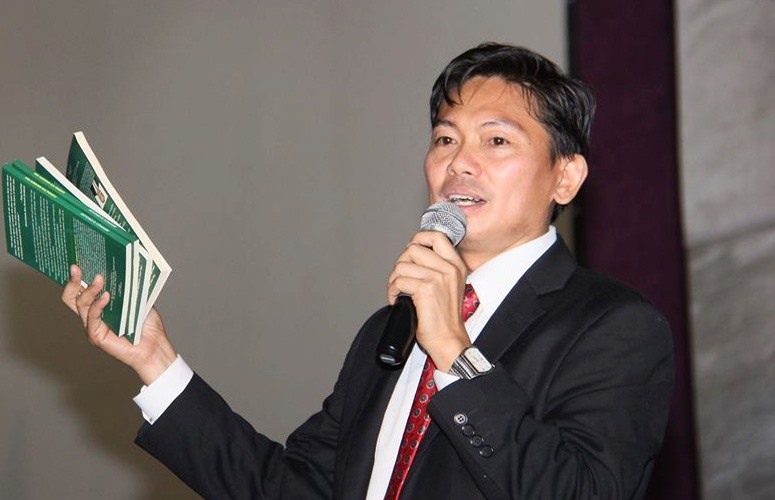CEBU CITY, Philippines — The government has to come up with policies to help the small and medium enterprises (SMEs) recover from the adverse effects of the coronavirus 2019 pandemic, said Rey Calooy, president of the RNC Marketing Corp. and founder of the Filipino-Cebuano Business Club Inc. (FCBI).
“A government financial assistance will help the SMEs to be back to business,” Calooy explained.
Calooy suggested that the Department of Finance and the Bangko Sentral Ng Pilipinas could urge commercial banks and other financial institutions to provide the best financial rescue program for their existing business clients affected by the pandemic.
“If possible, the BSP should provide a sort of guarantee so that these commercial banks and financial institutions will not hesitate to help the ailing businesses,” he explained.
A study by the National Economic Development Authority (NEDA) cited the possibility of giving SMEs tax relief. NEDA also suggested that the DOF study ways to mitigate the financial stress experienced by the SMEs.
The proposed stimulus package “concentrates on SMEs because large firms are much more adept at accessing credit markets, both national and international,” NEDA pointed out.
While large business has the ability to raise outside equity, SMEs do not typically have the necessary expertise to tap into the credit and stock market, according to NEDA.
The outbreak and the subsequent implementation of the enhanced community quarantine have resulted in the suspension of operations of many SMEs, including RNC Marketing.
Other FCBI members were also affected by the ECQ such as a company selling construction materials. The owner said they did not have enough stocks to meet the customer’s orders due to the problems in the delivery of their products from suppliers.
While allowed to operate, some companies had to contend with a skeletal force as required by the ECQ order. They also had to pass through many checkpoints, resulting in the delay of deliveries, Calooy said.
“ I don’t think there is a fast recovery for entrepreneurs. Bills are knocking at our doors. Everything has a domino effect. I hope government will give SMEs subsidy or financial help to recover losses and some sector that was not able to operate,” another entrepreneur told Calooy.
For his part, Calooy decided to suspend their operations for several reasons.
First, he said he wanted to preserve the company’s working capital. “If you have still remaining cash, it is better to cut the channel of cash outflow, which is in your operation, and rather save it when the economy goes back so that you still have a working capital to restart with your business,” he added.
Aside from inadequate raw materials and the decline in the demand for their products, Calooy noted that they were also affected by restricted mobility for both the company and the employees due to the suspension of public transportation and the closure of stores selling vehicle spare parts.
However, Calooy said SMEs also has to do their part through the reconfiguration of business models and business operations to adjust to the new normal brought about by the pandemic./rcg
